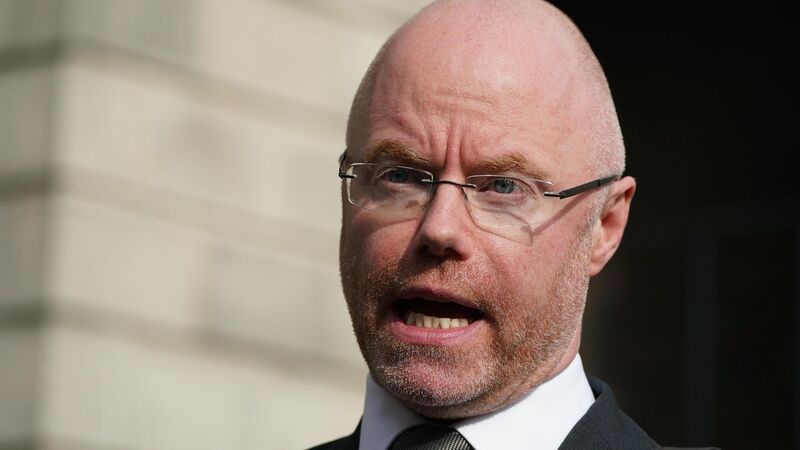Stephen Donnelly says it is 'easy' to criticise covid response 'in hindsight'

Health Minister Stephen Donnelly: 'I think it is very easy for people who were involved to come out afterwards and say you know we should have done things differently.'
Health minister Stephen Donnelly has insisted people in Nphet could have raised concerns during the pandemic if they felt decisions were not right, saying it is “easy” for people to make criticisms now.
The minister was reacting to comments by former Nphet member Professor Martin Cormican in a paper published for the Irish Society of Clinical Microbiologists before Christmas but only widely discussed in recent days.










